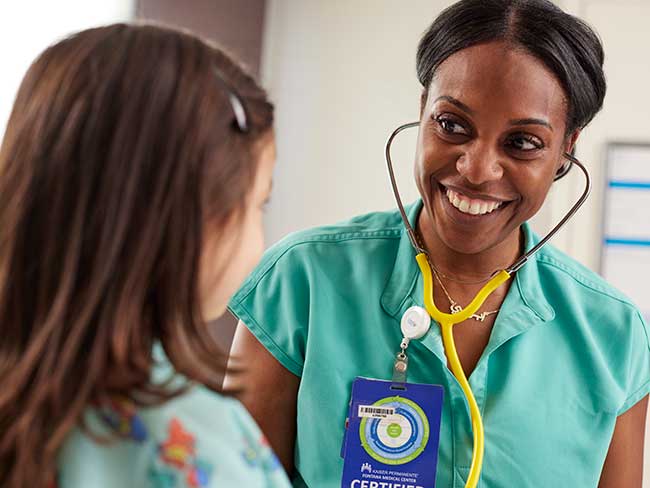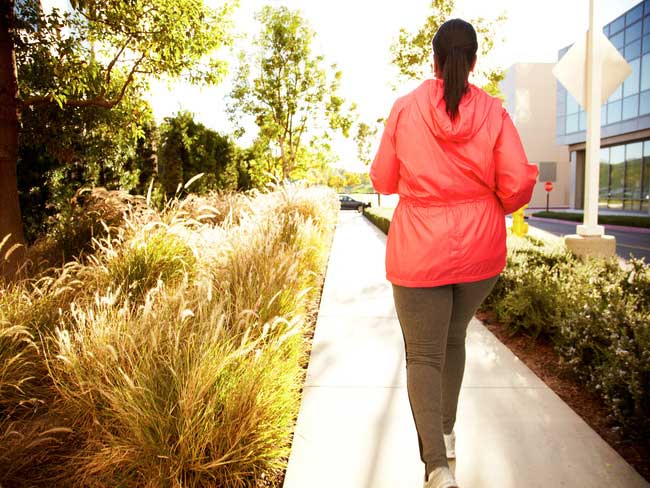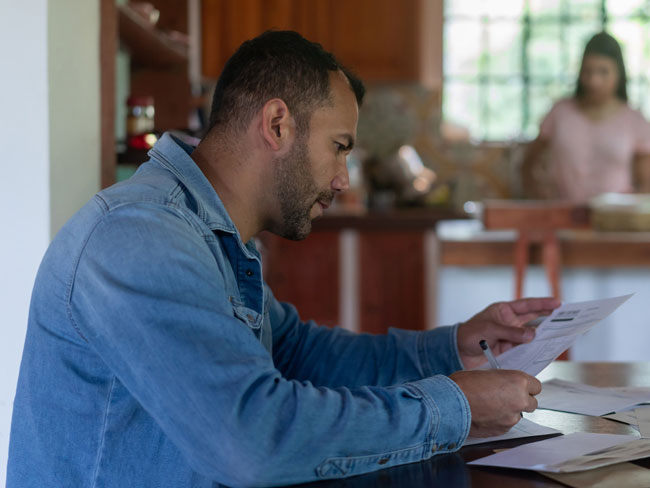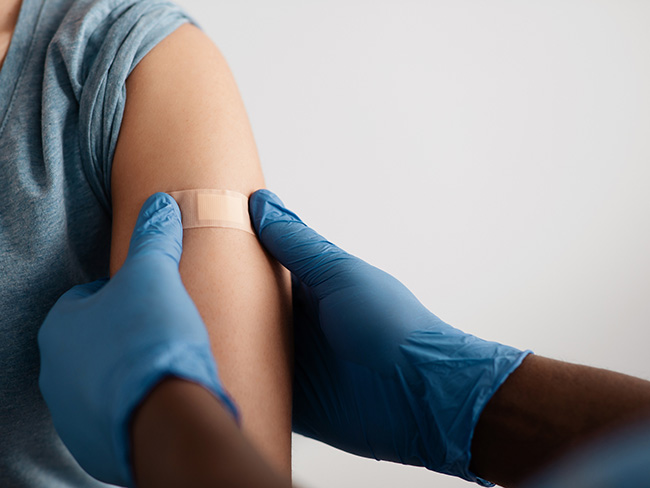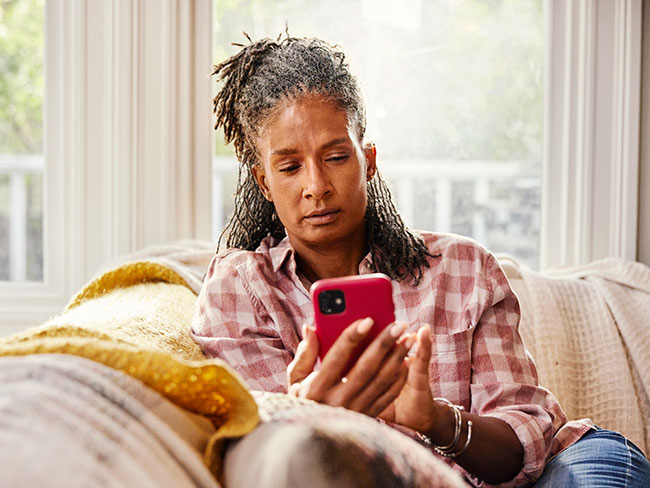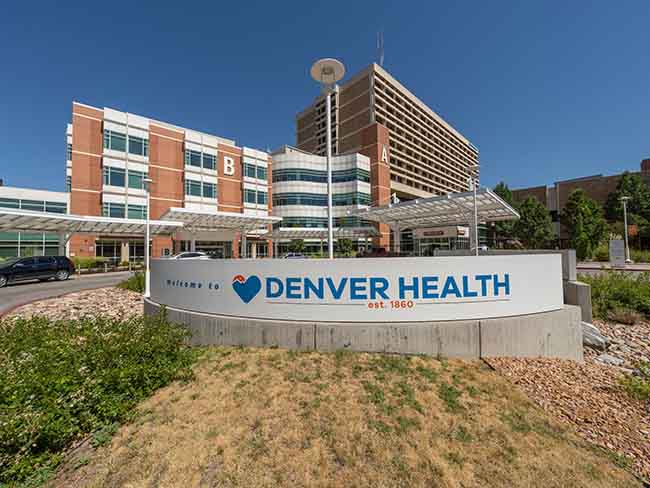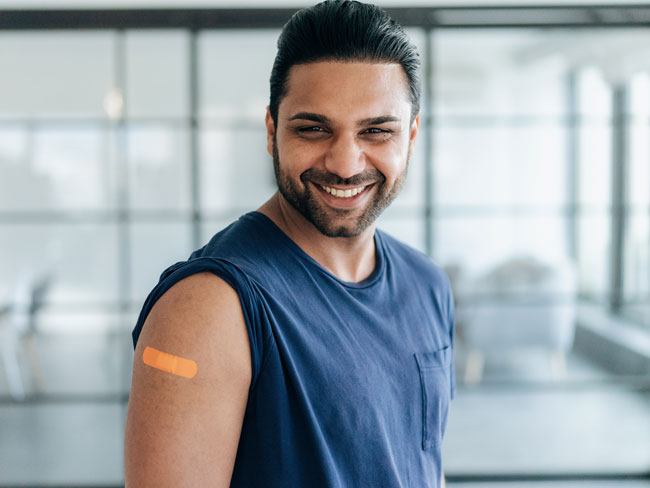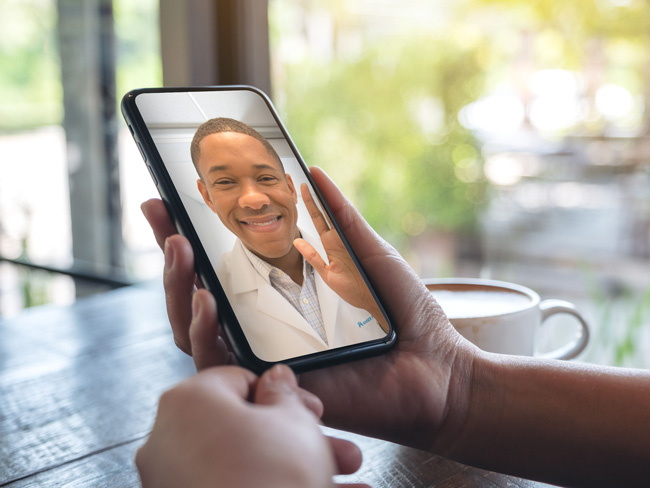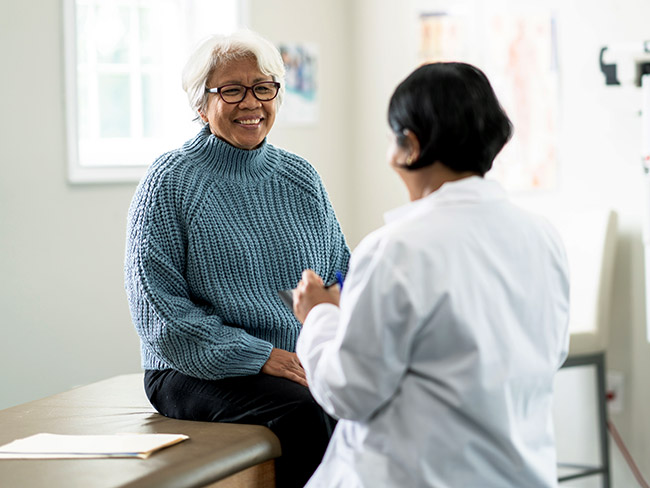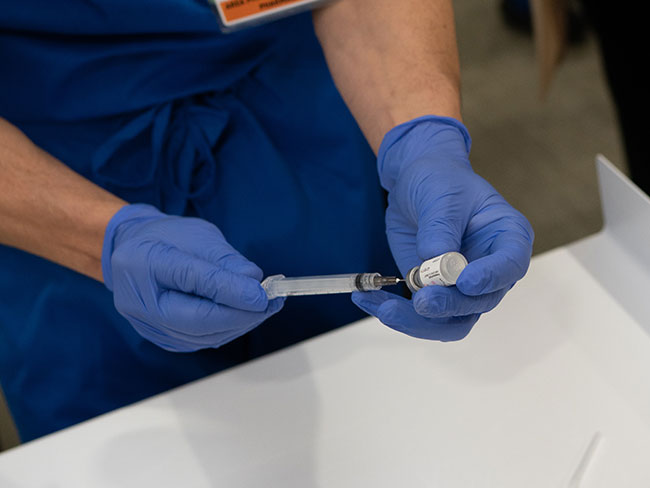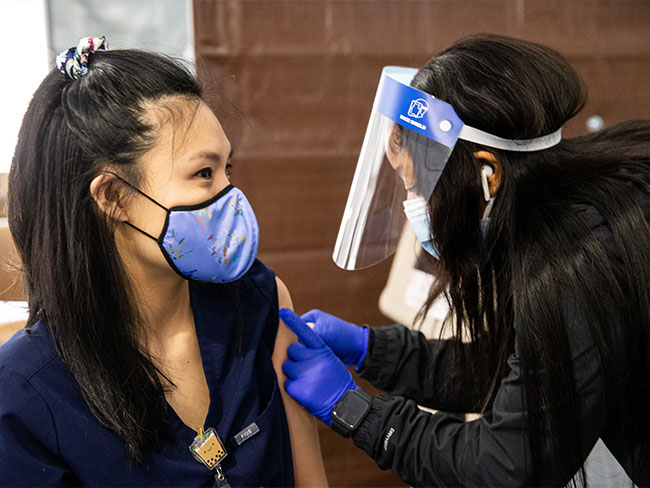COVID-19 testing, testing — Get results in 1, 2, 3
Testing is the most important way you can help control the spread of COVID-19.
Taking an at-home antigen test is the quickest way to identify if someone is infected.
You wake up feeling sniffly, and your throat is scratchy. Could it be COVID-19?
Taking a home antigen test is the quickest and easiest way to put your mind at ease and make sure, if you are infected, you’re not putting others at risk by spreading the virus that causes COVID-19.
“While vaccination remains the best way to combat severe illness from COVID-19, testing is the most important tool to prevent the spread of the virus right now,” said Craig Robbins, MD, physician co-lead for Kaiser Permanente’s national COVID-19 vaccination program. “Testing quickly identifies someone who is infected so they can stay home and prevent further transmission.”
Home antigen tests are appropriate for most situations
Early in the COVID-19 pandemic, PCR lab tests were almost always used to detect the virus. As antigen tests have become widely available, it’s easier and faster to get test results at home.
In most cases, home antigen tests or self-tests — the kind sold over the counter — are your best option. You can use these tests when you:
- Have symptoms (if your result is negative, retest 24 to 48 hours after your first test)
- Have been exposed (if you don’t have symptoms, test 5 days after your exposure)
- Plan to travel, gather with others, or spend time with people who may be at high risk
- Need to show a negative test result to return to work
Home antigen tests offer a quick result (in 30 minutes or less) and don’t require a trip to a medical facility. They are an easy way to find out whether you have COVID-19 and could infect others. If your test result is positive, stay home and isolate, and contact your doctor if you need guidance or support.
“Self-tests have been shown to provide accurate results, even against the virus’s many variants,” Dr. Robbins said.
If you need a PCR test, we’ve got you covered
Of course, there are a few circumstances that may require an in-person PCR test.
For example, your doctor may tell you to get a PCR test before a medical procedure or hospital admission. You or a family member may also need to show a negative PCR test result before attending certain events or activities.
If you’re a Kaiser Permanente member, choosing Kaiser Permanente for your PCR test ensures that your test result gets added to your medical record. Your care team can then follow up with clinical guidance, if needed.
When you get a PCR test at a Kaiser Permanente facility, you’ll usually get your results in 24 hours or less — and you can view your test results on kp.org or the mobile app.
Coverage and cost-sharing for COVID-19 testing and treatment is changing for some of our members after the COVID-19 public health emergency ends on May 11. Visit kp.org for details.
Visit kp.org/covidtests to learn how to schedule a PCR test near you.



